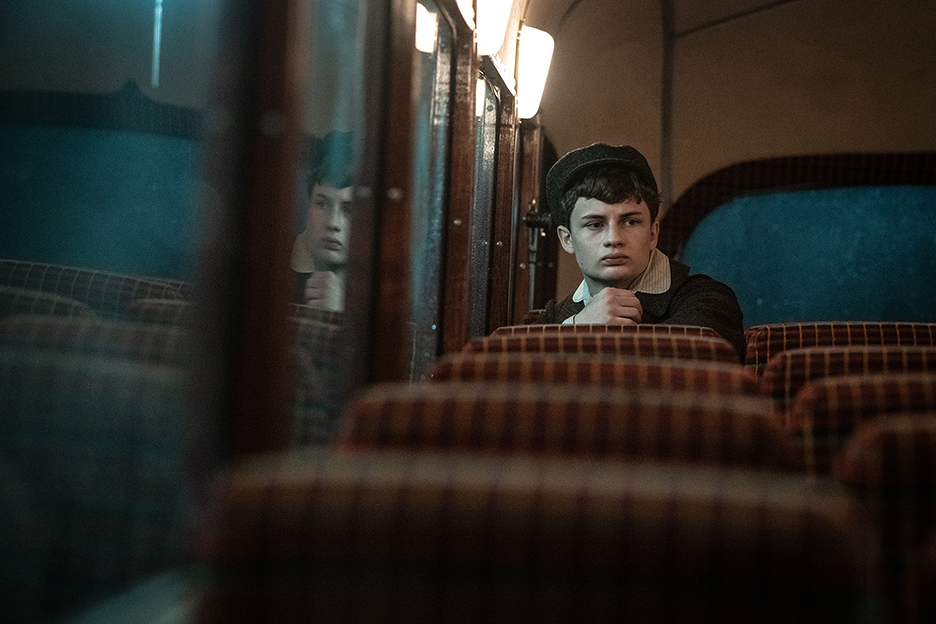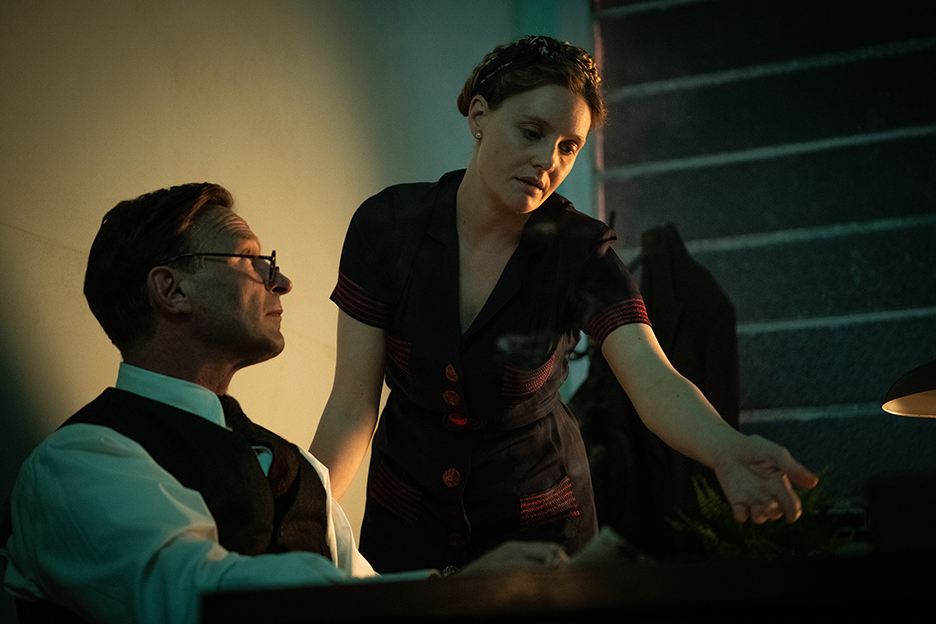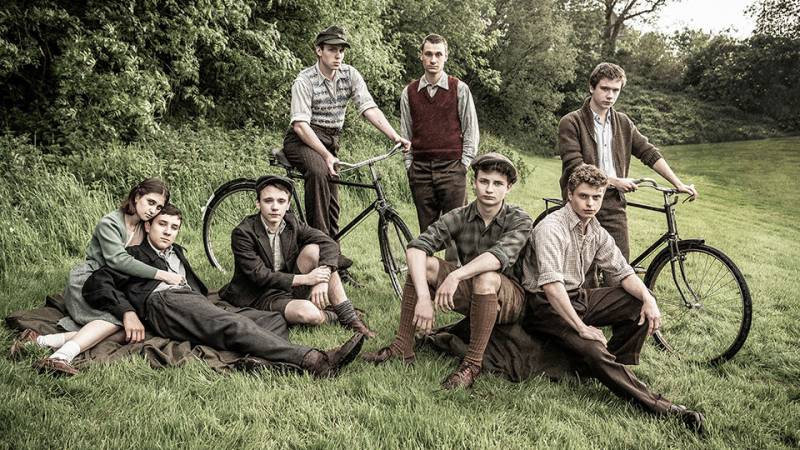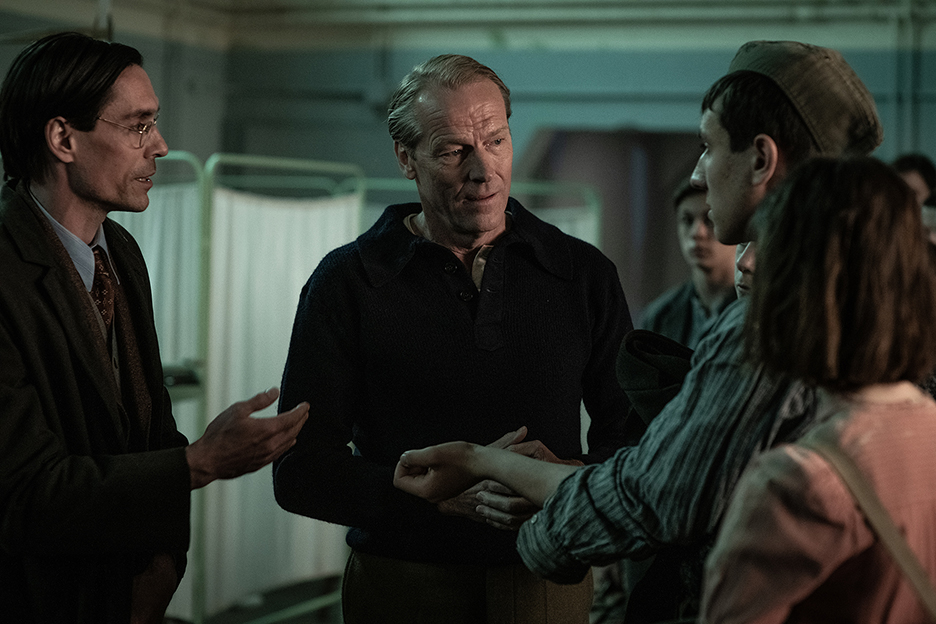Surviving the Holocaust is not an experience that runs close or even parallel to COVID-19 confinement. The virus isn’t discriminating against individuals based on their religion, political beliefs or sexual orientation. It’s not singling out enemies of the state or locking anyone up by force. Nonetheless, the pandemic has engineered a frightening set of tensions in our private and public lives. We’re all watchful of the people we meet in the grocery store, wary of making one fatal misstep lest we catch the disease.
Although sheltering in place isn’t yet equivalent to living through a war, the sense of an ongoing, external threat does make it easy to identify with the characters in The Windermere Children, premiering April 5 on PBS. Based on a true story, this affecting drama is set in the northwest part of England shortly after World War II.
The United Kingdom created a temporary sanctuary near the idyllic backdrop of Lake Windermere for nearly 1,000 children who lived through the Holocaust (the reasons why the U.K. did this are left largely unexplained in the film). The Windermere Children begins in the middle of the night with a busload of new arrivals. For the sake of smart and economic storytelling, the film narrows its focus onto a small group of adolescent boys.

When they disembark, the camera closes in on the children’s mistrustful expressions. One says the process of lining up and filing into the barracks reminds him of the death camps. The main characters are Polish; their inability to speak or understand English contributes to their sense of disorientation. A boy named Salek (Jakub Jankiewicz) is too terrified to even leave the bus. It is only when Oscar (Thomas Kretschmann), the sanctuary’s director, takes a calm and caring approach with Salek, that we know the group is in good hands.
Rather than filling the screen with depraved Nazis, The Windermere Children concentrates on the damaged psyches of the survivors. That damage is fully apparent in moments like the children’s first breakfast, when they grab frenziedly at the pieces of fresh bread on the table and stampede out of the dining hall, used to years of deprivation and fighting for the tiniest scraps of sustenance.

The four months of rehabilitation look like they’re taking place at an ordinary summer camp with soccer matches, jump rope and swims in the lake—but the underlying weight of trauma bears down on everyone, not just the survivors. In the classroom of officious child psychologist Marie (Romola Garai), children begin to express their inner turmoil with paint on paper. She is completely unprepared for the images that emerge and her own emotions crack through her professional demeanor.




